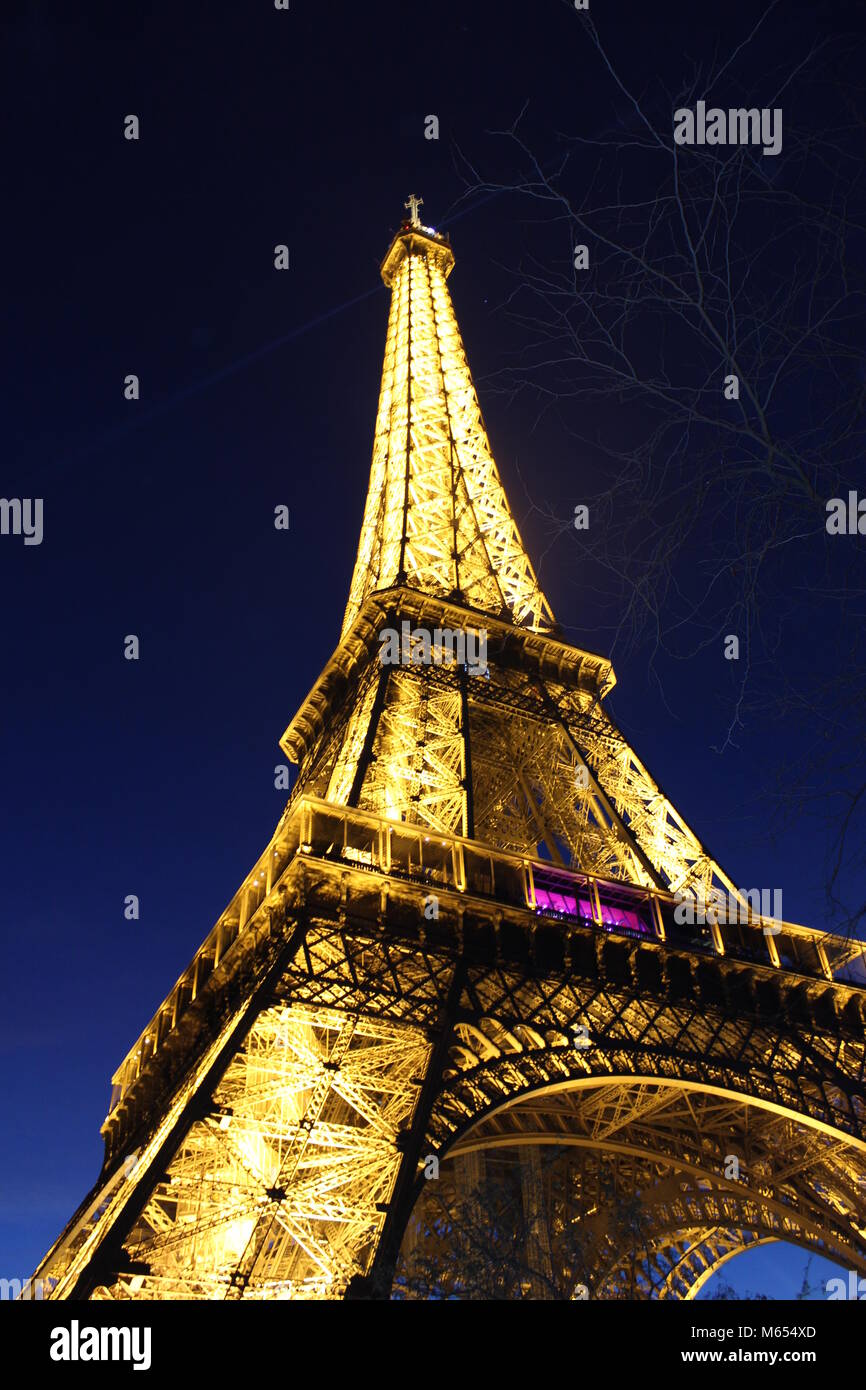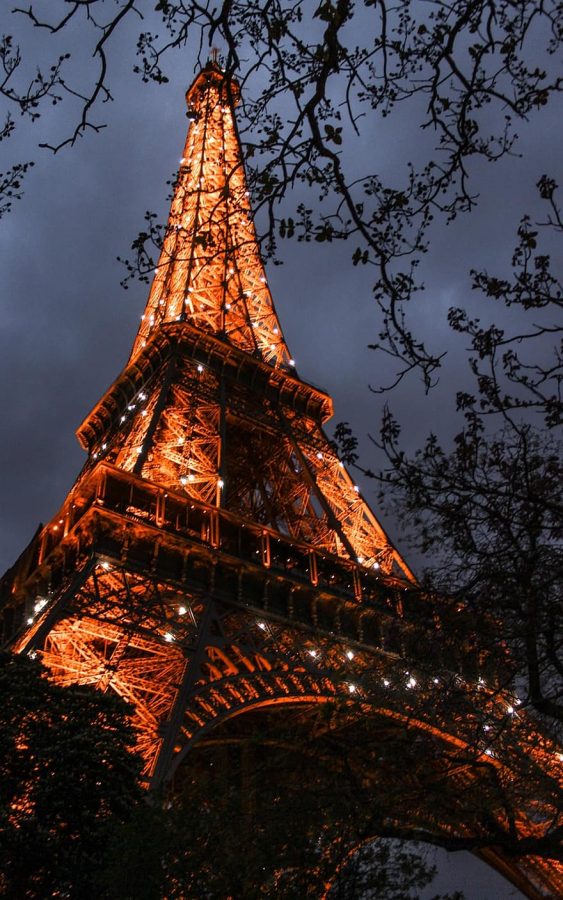What does the phrase "Eiffel Tower" truly represent in today's world, and how has this iconic structure transformed into a complex symbol within the evolving landscape of language?
The term "Eiffel Tower" has, in certain circles and contexts, morphed into a multifaceted slang term, often carrying connotations far removed from the romantic Parisian monument it initially evokes.
The evolution of language is a fascinating reflection of societal shifts and cultural nuances. Slang, in particular, acts as a vibrant, ever-changing entity, constantly reinventing itself to encapsulate new ideas, experiences, and perspectives. One such example of this linguistic metamorphosis is the phrase "Eiffel Tower." While most people immediately associate this term with the renowned architectural marvel in Paris, its usage has extended far beyond its original context, taking on diverse and often unexpected meanings.
- Adria Biles Nationality Exploring The Background Of A Rising Star
- Exploring The Names Of The 7 Dwarfs A Deep Dive Into Disneys Iconic Characters
Exploring the multifaceted meanings of the "Eiffel Tower" in modern slang, we find that its symbolic interpretation has expanded significantly, influenced by various cultural factors and social trends. The slang term isn't limited to a single definition; instead, it encompasses a spectrum of interpretations that vary depending on the context, the audience, and the underlying intentions of the speakers.
One of the most common slang interpretations of "Eiffel Tower" is associated with a specific sexual act. This usage, prevalent in certain online communities and youth cultures, refers to a scenario involving three individuals. While the specifics can vary, the core concept involves a specific configuration of the participants' physical positions.
Often, this configuration involves one person positioned horizontally, while two others stand vertically on either side. From a visual perspective, this arrangement loosely resembles the shape of the Eiffel Tower itself, hence the term's association. This slang usage is a prime example of how language can adapt and evolve, often in unexpected ways, to reflect evolving social norms and attitudes towards intimacy and relationships.
- Exploring Ji Chang Wooks Personal Life The Enigmatic Image Of His Wife
- Colin Farrells Wife 2024 A Look Into His Life And Relationships
However, the use of "Eiffel Tower" as slang isn't limited to explicit descriptions of sexual acts. The term can also be employed in more figurative or metaphorical ways, often with humorous or suggestive undertones. In these instances, "Eiffel Tower" may be used to describe a situation that, for instance, involves a physical arrangement or configuration similar to the actual structure, or it might be used to represent a concept or idea that somehow reflects the original monument's essence.
The origins of this slang term, like many others, are difficult to pinpoint with certainty. However, it's likely that the term emerged organically within specific communities, possibly starting in online forums, social media platforms, or within subcultures where explicit language is commonly used. From these initial pockets of usage, the term likely spread through word of mouth and online interactions, gradually gaining wider recognition and acceptance.
The proliferation of slang terms like "Eiffel Tower" is a testament to the dynamism of language and its constant adaptation to reflect the ever-changing nature of society. The terms journey into the realm of slang underscores how cultural touchstones even iconic structures can be re-appropriated and re-interpreted in new and unconventional ways.
The popularity of the "Eiffel Tower" as slang can be traced to several factors. First, its association with a globally recognized symbol provides it with a built-in level of memorability. People are more likely to remember a term that references something familiar, making the slang more readily adopted and disseminated. Furthermore, the explicit nature of the term often adds an element of shock value, which can help it gain traction in conversations and online interactions.
Moreover, the cultural context in which the term is used also plays a vital role. For instance, in online forums, social media groups, or specific subcultures, slang terms like "Eiffel Tower" are frequently employed as a form of in-group communication, allowing participants to share experiences, express their views, and connect with others who share similar values or interests. This context reinforces the slang's significance and encourages its continuous use.
In conclusion, the journey of "Eiffel Tower" from a symbol of architectural brilliance to a widely used slang term illustrates the remarkable ability of language to evolve. While the term's association with specific sexual acts is undeniable, it also serves as a reminder of languages creative and dynamic nature, offering a glimpse into how modern culture shapes our everyday communication.
| Aspect | Details |
|---|---|
| Slang Term | "Eiffel Tower" |
| Primary Association | Specific sexual act involving three people. |
| Typical Scenario | One person horizontally positioned, two others vertically positioned on either side. |
| Visual Analogy | The physical arrangement resembles the structure of the Eiffel Tower. |
| Origins | Likely emerged within specific communities, such as online forums or subcultures. |
| Usage Context | Online conversations, youth culture, informal discussions. |
| Figurative Meanings | Can be used humorously, suggestively, or metaphorically. |
| Cultural Significance | Reflects evolving attitudes towards sex, relationships, and language. |
| Popularity Factors | Memorability, shock value, in-group communication. |
| Related Terms | "Spatroast" |
| Overall Impression | A testament to the dynamism and adaptability of language, reflecting social changes. |
The term "Eiffel Tower" has also found its way into pop culture, further solidifying its presence in contemporary vernacular. References to the slang term can be found in various forms of media, including music, movies, and television shows. These cultural references can further amplify the term's visibility and acceptance, reinforcing its position in the ongoing evolution of language.
The association of the term with the famous Parisian landmark highlights the power of cultural symbols to transform and adapt. While the original Eiffel Tower stands as a testament to architectural innovation and romantic allure, its slang counterpart is a reminder of the ever-changing nature of communication and the human capacity for creativity.
Exploring the "Eiffel Tower" slang also reveals an important aspect of how language is used to define and categorize different experiences. This specific usage of the phrase is directly linked to a physical act, which can be seen as a means to explicitly and graphically describe this act. In this context, the slang functions as a direct and, sometimes, humorous expression of a particular activity.
It's crucial to consider the context in which the term is used. In some settings, especially those where explicit language is accepted, "Eiffel Tower" can simply be a straightforward way to describe the act. However, in other situations, particularly those that are more formal or public, the term could be seen as inappropriate or offensive.
The use of slang, in general, is strongly influenced by the cultural norms and expectations of specific groups and communities. In some circles, such as among friends in informal conversations, slang terms like "Eiffel Tower" can promote a sense of belonging and camaraderie. In contrast, in more formal settings, like the workplace or professional environments, using the same slang term could damage relationships or be perceived as unprofessional.
Moreover, the use of the term can also be influenced by personal values, as some individuals may find the slang offensive due to religious beliefs, moral convictions, or simply discomfort with the subject matter. The acceptance or rejection of the term therefore often depends on a complex interplay of factors, including individual perspectives, the surrounding cultural environment, and the specific context.
The existence of "Eiffel Tower" slang within youth culture speaks volumes about the way young people use language to express themselves. This trend illustrates the role of language as a way to explore topics, challenge societal norms, and create new forms of expression. In essence, the evolution and spread of this slang reflects the dynamism of communication, as well as the importance of adaptability and continuous development in society.
As society continues to evolve, the impact of slang terms like "Eiffel Tower" will likely be seen even more. These terms show how attitudes towards sex and relationships are always changing, and how language captures these shifts. The continuous use of these terms underscores their influence on social interactions and the wider culture.
The "Eiffel Tower" slang offers an interesting glimpse into the complex relationship between cultural icons and the ever-evolving language we use every day. This interplay illustrates how iconic landmarks can be reinterpreted in contemporary slang and sheds light on the dynamic processes of language, culture, and the human experience.
- Exploring The Life Of Johnny Flynns Wife A Deep Dive Into Their Relationship
- Exploring The Legacy Of Dan Conner From Roseanne A Look At The Iconic Tv Dad

